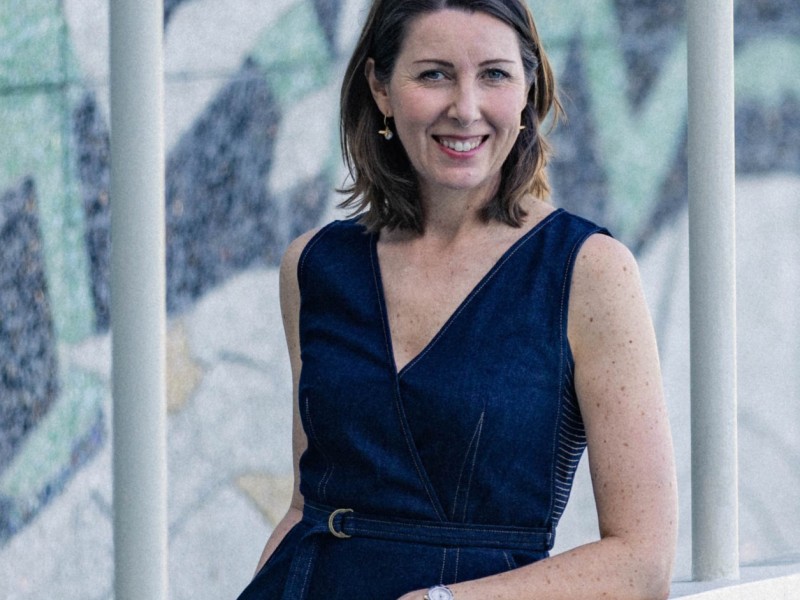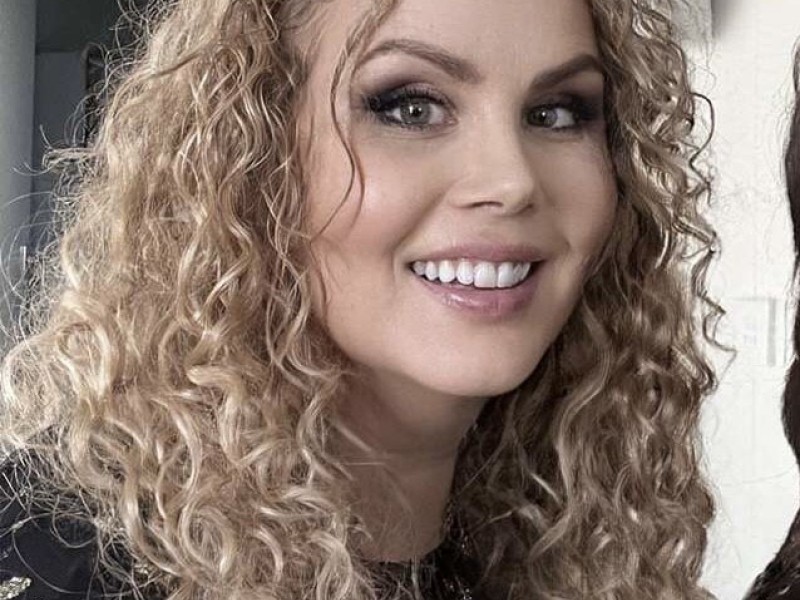DR KARYN LEONA STEWART, 54, ON FEMINISM TODAY
Dr Karyn Leona Stewart, a part-time lecturer in Anthropology and Sociology at the University of Canterbury, thinks it's "quite shit" being a woman in New Zealand.
With a PhD in Psychoanalysis, Dr Stewart has spent the last thirty years on the University of Canterbury campus. Seventeen years ago, she watched her male colleagues get a job before her female colleagues did.
"There were eight of us, sort of in the same areas. Four of us were women and there were four men. The four men got jobs at the university as lecturers almost straight away, I was the only one that is still there as a lecturer, [but] I don't have a continuing position."
The University of Canterbury says it is making an effort to change.
In its 2021 Annual Report, 49.9% of staff at the University of Canterbury were women. In 2005, 29% of academic staff were female. But, the university could not provide the percentage of women as academic staff in 2021 due to confidentiality.
In reply, a University of Canterbury spokesperson says that UC has been investing in equity transformation for over a decade. They have been prioritizing investments and approaches into Maori, Pacific, and female equity on campus, and are aware of the persistent gap.
Not afraid to fight injustice, Dr Stewart classifies herself as a radical feminist.
"I don't think that I've ever really cared what other people thought, and that probably might have been problematic too. I will always fight for the underdog."
She says New Zealand hasn't moved away from the settler society ideal, and that women are still treated similarly to when they were pioneers: expected to be the mother, the wife, the person who looks after the house.
Before she was elected prime minister, Jacinda Ardern was asked by The Project co-host Jesse Mulligan if she planned to have children. The next morning, ex-cricketer Mark Richardson said New Zealanders had a right to know if their potential prime minister might take maternity leave. Jacinda Ardern replied that "it is not a women's decision about when they choose to have children and it should not predetermine whether or not they are given a job or have job opportunities".
Dr Stewart says she thinks that's the hangover when it comes to pregnancy and maternity leave.
"Even though Jacinda Ardern had a baby in office, she might not have been elected if she'd been pregnant going in. I remember Helen Clark saying she had to make that choice," she says. "A lot of my female colleagues made that choice."
Five years since that comment, and Dr Stewart feels not much has changed. Societally, she believes there has been a recent swing toward the far-right.
Referencing Kanye West and his 'White Lives Matter' t-shirt, she says there is an idea that white men are being left out, creating a domino effect on everything else.
"White men still have the power. You've got the white men at the top, old white men. If you look at the past, the social movements that are connected to the left with women and any marginalized group, there's just a real swing back against it."
This is just one of several controversies currently happening in America. Roe vs Wade is another.
In 1973, a US Supreme Court ruling called Roe vs Wade recognized the right to abortion was down to the individual, not the government. This year, the Supreme Court ruling was overturned, and as a result abortion was automatically outlawed in some states.
"It's unbelievable that they would be rolling back Roe vs Wade," Dr Stewart says. "It's frightening, people should be frightened."
She says with a National party leader who is against abortion, whose to say it can't happen here if the party was elected?
However, last year, Christopher Luxon told Newshub journalist Jenna Lynch that although he is pro-life, he would not make changes to New Zealand's abortion legislation. Newshub reported that Luxon said "that's settled." Dr Stewart is not entirely convinced.
Looking ahead, she says she has major concerns for young women.
"My generation was the generation that didn't go ahead and get married and didn't change their names."
But when women are still expected to have children and potentially leave the workforce, Dr Stewart says it's putting women on the periphery, again.
Mentioning social media trends and tropes such as 'girlboss, 'that girl', and those who go on their 'hot girl walks', I asked her opinion on this kind of representation.
She says it all comes back to control.
"What I notice with young women now is that they think they have autonomy. And actually the autonomy is less than the autonomy we had. It's much more controlled [now], to be a certain way, to think a certain way, to look a certain way."
"We've all got to belong. We have to belong to our society," she says. "It's very hard to be outside of it."
In the 1990s, Dr Stewart says she was asked by a student why she was studying feminism. Their reason was that she was 'too pretty to be a feminist'.
"You have to be one or the other, women can't be intelligent and attractive apparently. And as you get older, you think that will lessen, and it does, but it only lessens because you're an old woman. So you're not considered important anymore."
She says as women get older, they own their own voice more. But as she teaches her students to develop and own their voice, she says nobody wants to hear a radical female one.
Now in her fifties, Dr Stewart continues to speak up and speak out.


